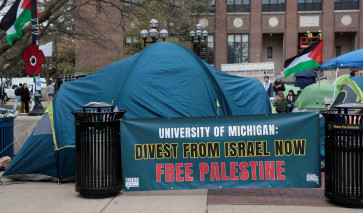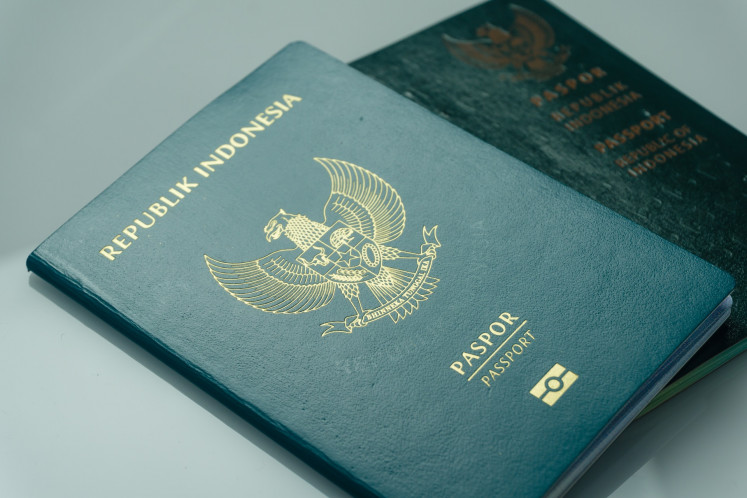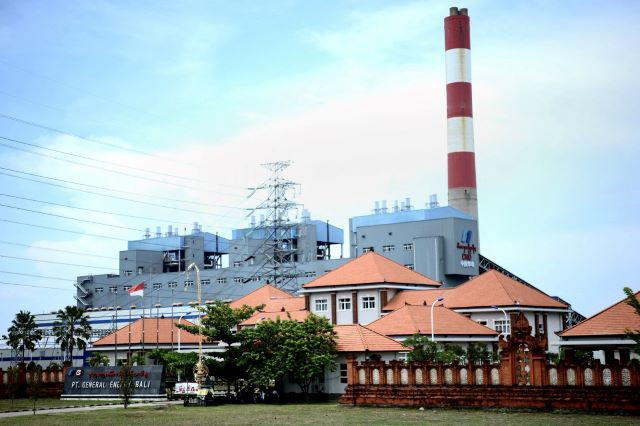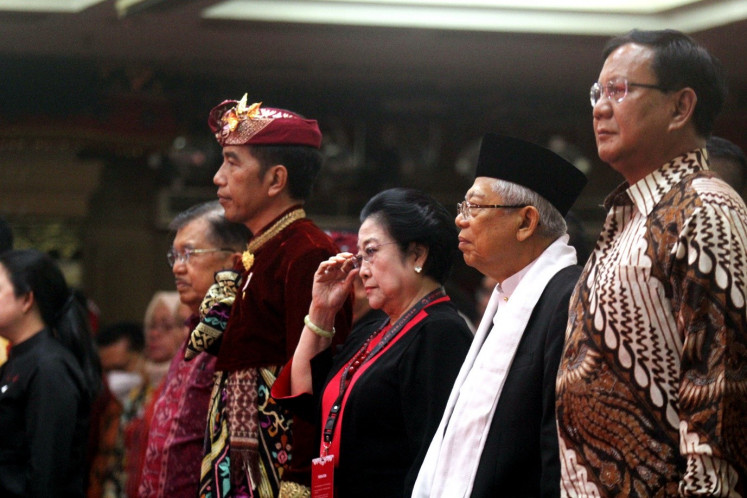Tackling intolerance beyond religion
President Joko âJokowiâ Widodoâs recent speech at the closing of the 6th Indonesian Muslims Congress (KUII) in Yogyakarta illustrated nicely the difficulty of making sense of the state of religious tolerance, or intolerance, in Indonesia using the frame of âgood religionâ and âbad religionâ
Change Size

P
resident Joko 'Jokowi' Widodo's recent speech at the closing of the 6th Indonesian Muslims Congress (KUII) in Yogyakarta illustrated nicely the difficulty of making sense of the state of religious tolerance, or intolerance, in Indonesia using the frame of 'good religion' and 'bad religion'.
Starting off with an anecdotal opening remark of how various state leaders he met commended Indonesia for being a role model of a Muslim-majority country with an exemplary state of religious tolerance and 'good' Islam, he shifted gears to talk about poverty, economic redistribution, corruption and even the ongoing conflict between the police and the antigraft body.
For his immediate audience, this unexpected topic-switching might sound much like a non sequitur. For observers of religious tolerance in Indonesia, however, the President was perhaps onto something as he abandoned the 'good religion-bad religion' point of view.
There is a risk of grave simplification in talking about religious tolerance if we frame it within the normative values we think to be inherent in a religion. What one very likely would encounter is contradiction, not to mention the danger of judging and labeling, so common these days in the post 9/11 world.
As President Jokowi cited various statistics, we can assume that he is aware of the contradiction in the praise Indonesia receives as a role model of countries with what is perceived as 'good Islam'.
Annual reports from three different independent organizations, the Setara Insitute, the Wahid Institute and the University of Gadjah Mada's Center for Religion and Cross Cultural Studies, consistently present cases of religious persecution and religious intolerance committed by groups claiming to represent Islam across our archipelago in recent years.
Setara reported 724 cases of persecution of religious minorities with an average of 241 cases per year from 2010 to 2012. Much worse is the fact that the government is part of the problem.
The private Cingranelli-Richards (CIRI) Human Rights dataset shows that even after democratization in 1999, Indonesia consistently scored zero for freedom of religion ' meaning it severely restricts religious expression. The only exceptions were in 2004 and 2006 when Indonesia got a score of one, meaning a moderate restriction on religious expression.
Perplexed by this fact of intolerance, one might defensively cite counterexamples of how 'Indonesian Islam' is inherently good. Of course, there are ample examples of Indonesia's moderate and democratic Islamic civil society. But such a defensive stand means we are still trapped in the binary of good or bad religion.
However effective we are in trying to convince ourselves that a religion is good, the reality of intolerance under the banner of a religion has still been out there in recent years. This is not the contradiction found in Indonesia and its supposedly good Islam only.
This is also a contradiction of, for example, Burma and its supposedly peaceful Buddhism in regards to the treatment of the Rohingya minority.
Clinging to the belief that a religion is inherently good or bad risks oneself being prone to cognitive dissonance once the reality does not conform to the belief.
This risk of cognitive dissonance and the cul-de-sac one ends up with when framing religious tolerance with a good religion-bad religion perspective should be an alarming call beyond this deceiving discursive trap.
President Jokowi was really onto something when he spoke about poverty and economic redistribution in Indonesia as problems that need to be immediately tackled. This is the direction where our discussion on Islam and the state of religious tolerance in Indonesia needs to be refocused.
We should take political economy more seriously when it comes to the discursive framing of problems pertaining to religion and tolerance.
The researcher Vedi Hadiz argued that the rise of radical Islamism in Indonesia since the New Order can be traced back to the rise of the socialist Left in other parts of the world. The Left, which usually represents the populist interest of economic redistribution, is now replaced by religion as an ideology to voice social dissent toward economic inequality following the capitalist development in the 1970s, which was driven by the oil boom.
The social and economic problems experienced by the grassroots need to be articulated at the political stage. In the absence of a secular popular movement, religion becomes a salient vehicle to voice this populist social dissent.
Radicalism is therefore more likely a byproduct of unsuccessful capitalist economic development. This is not about good or bad religion at all.
In a study on sharia in Nigeria, Brandon Kendhammer wrote in 2013 that the framing of social and economic problems in terms of moral problems was a vital part of the nation's sharia laws after democratization in 1999. There is less religion than political economy, again, at the heart of the phenomenon of intolerance.
Jokowi's speech can be understood as his effort to disclose the link between Indonesia's state of religious tolerance and political economic problems undergirding it. Indeed, he is intuitively right.
The effort to improve religious tolerance in Indonesia can only be successfully delivered when we cease to give various opportunistic forces the chance to exploit the poverty and misery of the people for their own ends in the name of religion.
President Jokowi's speech is just a long overdue reminder of this important point.
________________
The writer is undertaking a PhD at the Political Science Department of Northwestern University and was Arryman Scholar 2013 in the Equality, Development and Globalization Studies program in Evanston, Illinois, the US.









